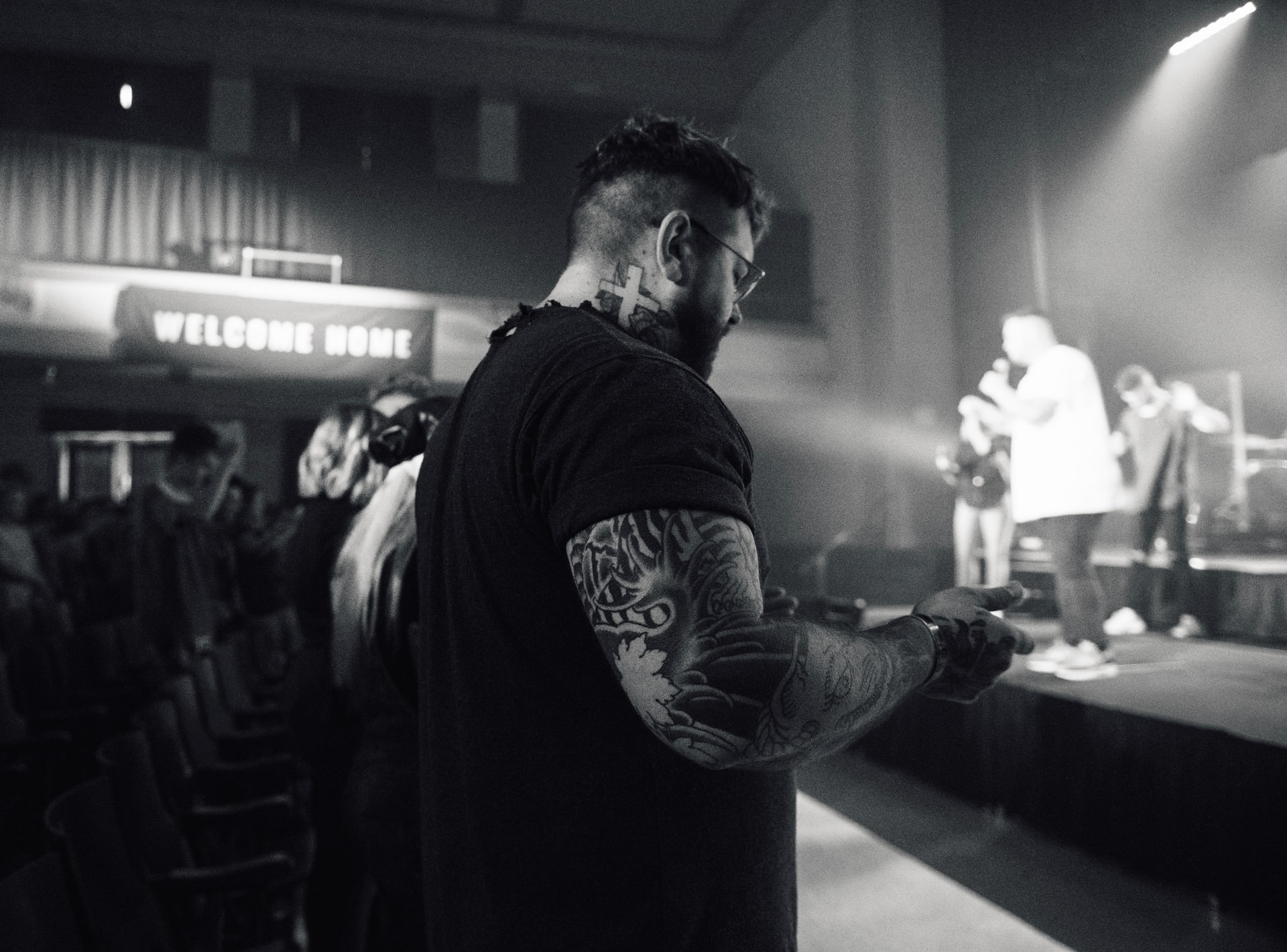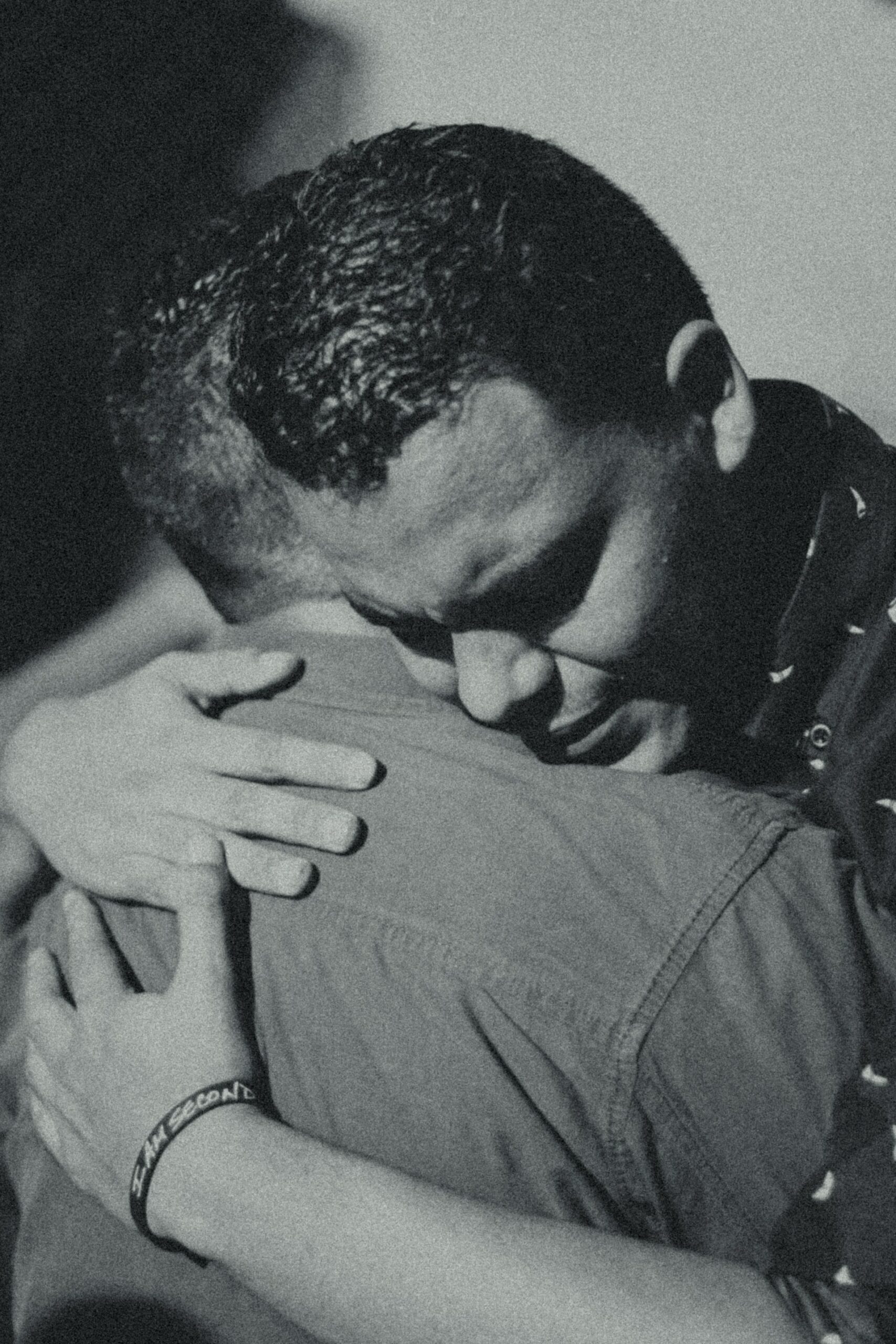Only God is Worthy
Only God is Worthy
The twenty-four elders fall down before him who sits on the throne, and worship him who lives for ever and ever. They lay their crowns before the throne and say: “You are worthy, our Lord and God, to receive glory and honor and power, for you created all things, and by your will they were created and have their being.” (Revelation 4:11)
We worship God because He is worthy. To be worthy means to be deserving or to have a right. The Bible clearly teaches that the Lord has a right to first place in our lives.
first place in our lives.
Therefore, is it wrong to worship a stone, a piece of carved wood, a beautiful idea, or even a powerful angel? Could we do this and still reserve a place in our hearts for God? Bible history tells of people who believed in God, yet wanted to worship something they could see or picture in their minds. Their loyalties were divided. But the end result became worship of (and obedience to) their idols. Jesus warned, “‘No one can serve two masters’” (Matthew 6:24).
So like the elders mentioned earlier in this introduction, we want to love, serve, and worship one Master—the Lord God Almighty, who alone is worthy.
God’s Power and Holiness
When Jesus taught His disciples to pray, He referred to God’s power: “‘Your kingdom come, your will be done on earth as it is in heaven’” (Matthew 6:10). Jesus gave us a glimpse of heaven. There the angels serve God who had only to speak the word and worlds came into existence. Sometimes we forget about His power because we see other powers in seeming control. We must remember, however, that though He may allow people to have their own way for a while, God has never lost His power. Revelation 4:10 tells of those who will lay their crowns (symbols of power) at the feet of Jesus. All of the universe will claim Him as Lord.
Psalm 98:2 says, “The Lord has made his salvation known and revealed his righteousness to the nations.” There is no boundary to His presence (Psalm 139:7–10) and no limit to His knowledge. He can stir up the mighty winds and quiet troubled seas. By His power the lily pushes its way up through the ground so it blossoms pure and white.
All of nature shows God’s power and the angels of heaven stand ready to do His will. How much more we should trust ourselves to His love and care! We are safer there than anywhere else. God can change the course of history, and with that same power He can work in our lives. As we recognize His power and praise Him for it, our faith in Him is increased. We realize how limited we really are without His help—and we open ourselves to receive.
God is not only all-powerful but also holy. Holiness means being free from sin, being upright in every way. The prophet Isaiah encountered the holiness of God and felt unclean in the presence of this awesome, awe-inspiring holy God. In a vision, Isaiah saw winged creatures calling out, “‘Holy, holy, holy is the Lord Almighty’” (Isaiah 6:3). The sound of their voices shook the foundations of the temple. Suddenly Isaiah realized how unworthy he was to stand in the presence of God. He was not clean and he knew it. He cried out, “‘Woe to me!’ . . . ‘I am ruined! For I am a man of unclean lips, and I live among a people of unclean lips, and my eyes have seen the King, the Lord Almighty’” (v. 5). Then one of the creatures touched his lips with a burning coal from the altar and took his guilt away (vv. 6–7).
Isaiah’s vision communicates that God is so pure and holy that we cannot stand in His presence. Our own goodness cannot measure up to His standard. We are awed by the presence of God and, as a result, fear the holy One. Fear of the Lord is deep reverence and awareness of how great He is and how unworthy we are. Isaiah 8:13 records, “‘The Lord Almighty is the one you are to regard as holy, he is the one you are to fear, he is the one you are to dread.’”
God said in Malachi 3:6, “‘I the Lord do not change.’” He is the God of power and of holiness; He will never change. “Therefore, since we are receiving a kingdom that cannot be shaken, let us be thankful, and so worship God acceptably with reverence and awe, for our ‘God is a consuming fire’” (Hebrews 12:28–29).
Fatherly Love
The Israelites who lived during the time of the kings and prophets had learned the first part of this lesson well. They knew about God’s great power and holiness. They had seen the pillar of fire at night; they had trembled as thunder and lightning shook Mount Sinai. They depended on their High Priest to go into the Holiest Place of their tabernacle or temple to talk with God in their stead. They were afraid to approach Him.
But God does not want to be thought of as someone far away who cannot be approached. He loves humanity so much that He sent His Son Jesus Christ to the world to reconcile the world to himself. Sin had erected a wall between humans and God. Therefore, sin had to be atoned for, and fellowship and communion between God and humans restored.
Jesus Christ did this through His death on the Cross. Hebrews 10:19–22 says:
Since we have confidence to enter the Most Holy Place by the blood of Jesus, by a new and living way opened for us through the curtain, that is, his body, and since we have a great priest over the house of God, let us draw near to God with a sincere heart in full assurance of faith, having our hearts  sprinkled to cleanse us from a guilty conscience and having our bodies washed with pure water.
sprinkled to cleanse us from a guilty conscience and having our bodies washed with pure water.
What do you think of when you hear the words, “God, the Father?” Do you think of a harsh judge, a cruel leader, or a dictator? Do the words make you feel nervous or afraid? Some people experience these feelings because of an unhappy childhood or the memory of a cruel parent. God who sees us and all our thoughts has been careful to let us know that His love for us is greater than that of any earthly father or mother. King David, inspired by the Holy Spirit, said, “Though my father and mother forsake me, the Lord will receive me” (Psalm 27:10). Although David had grown up in a secure home, he knew that human love could fail. But God’s love will never fail.
In Psalm 103:13 we read, “As a father has compassion on his children, so the Lord has compassion on those who fear him.” The trusting son goes to his loving father when he feels fearful and needs reassurance or help; when he is hungry or in trouble; when he wants to talk and share the happenings of the day. Or maybe he just wants to be near his father, listening to his counsel. God wants us to experience this type of parent-child relationship with Him. He wants us to feel secure in coming to Him. The apostle Paul affirmed, “For you did not receive a spirit that makes you a slave again to fear, but you received the Spirit of sonship. And by him we cry, ‘Abba, Father’” (Romans 8:15).
When Paul was writing these words, he used the Aramaic word Abba for “Father.” It was the name commonly used by children when speaking to their earthly fathers. Its English comparison would be “Daddy.”
What does this tell us about worship? God loves us so much that He wants the closest possible relationship with us. Surely He is worthy of all the praise and adoration. But when we fail to worship the Lord, we hurt ourselves. More than that, we hurt our loving heavenly Father.
Perhaps we should ask ourselves a few questions. Do I treat the Lord as if He were a stranger? Do I ignore Him? Do I start each day with fellowship and praise to Him? If you could not answer as you would like to, bow your head now and ask Him for His forgiveness. He is waiting for you. As you enter into joyful worship and communion with God, you will sense His nearness. The more you worship, the easier it becomes—for it becomes a way of life.
